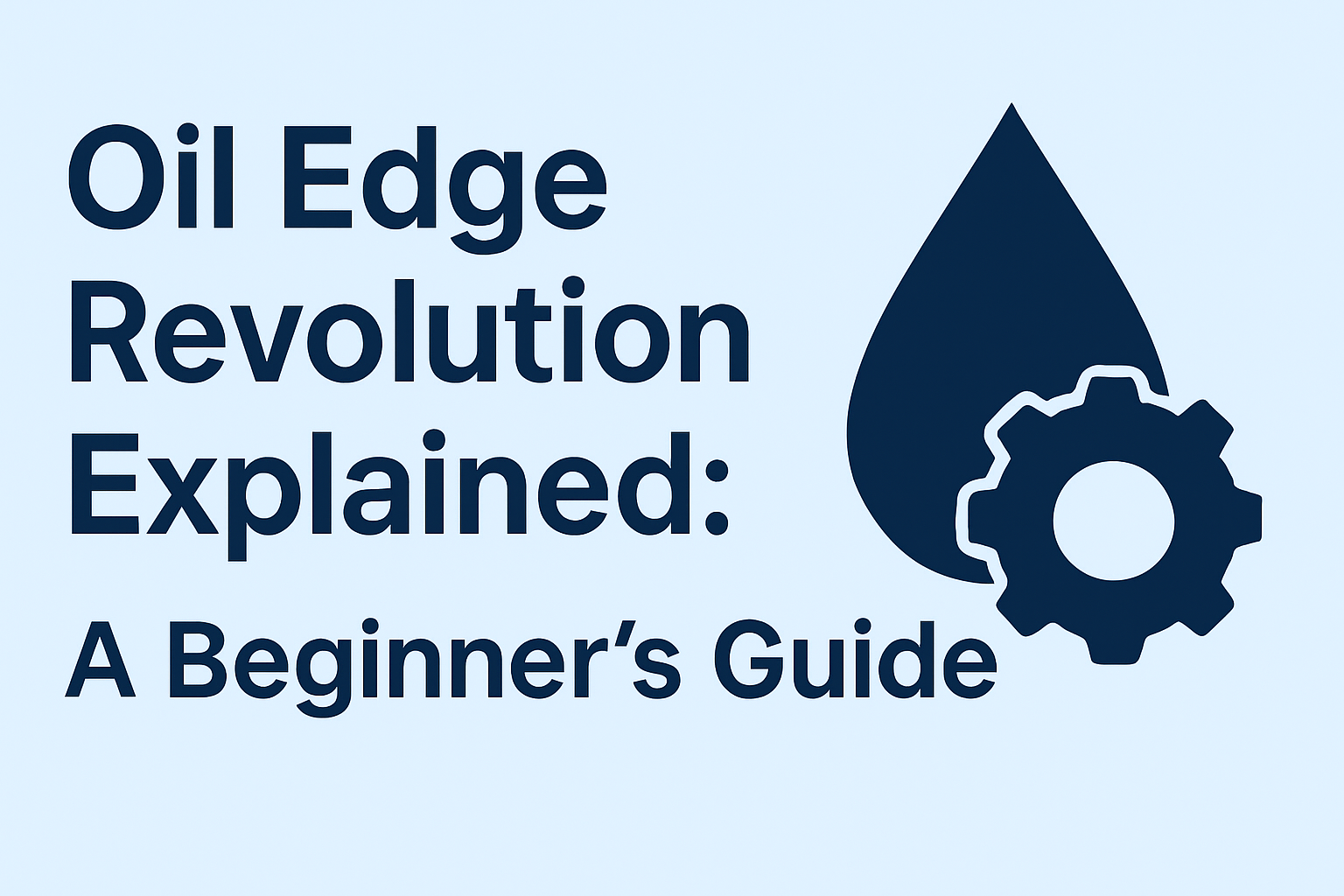In today’s fast-paced digital economy, choosing the right D365 implementation partner is just as critical as selecting the ERP or CRM system itself. Microsoft Dynamics 365 provides organizations with the tools to streamline operations, enhance decision-making, and improve customer engagement. However, to unlock its full potential, businesses must partner with experts who can design, implement, and support solutions tailored to their unique needs.
Here’s the big question: Should you work with a global implementation partner or a local one?
Both bring valuable strengths to the table, but they also come with their challenges. Understanding these differences between the two D365 implementation partners will enable organizations to make informed decisions for long-term success.
Why the Right D365 Implementation Partner Matters
A Dynamics 365 project is not just a technical exercise—it’s a business transformation initiative. The right partner ensures:
- Smooth implementation with minimal disruption to business operations.
- Alignment of technology with organizational goals.
- Long-term support, training, and optimization.
- Risk reduction through proven methodologies and industry expertise.
Without a capable partner, organizations may face delays, unexpected costs, or poor system adoption. That’s why weighing global vs. local partners is crucial.
Global Dynamics 365 Implementation Partners
Global partners are typically multinational consulting firms or large-scale Microsoft Solutions Partners operating across regions. You can get information from the ultimate guide to choosing your Dynamics 365 ERP implementation partner. They cater to enterprises with complex requirements and multi-country operations.
Strengths of Global Partners:
- Broad Expertise Across Industries
Global firms have experience across multiple verticals like retail, finance, manufacturing, and healthcare. They bring best practices from one industry to another, often accelerating innovation. - Scalability for Multi-Country Deployments
If your business spans multiple geographies, a global partner can handle localization, regulatory requirements, and rollouts in different countries. - Access to Advanced Resources
These firms often have deep bench strength with hundreds of certified Dynamics 365 professionals. This ensures quicker ramp-ups and a wide range of specialized skills. - Close Alignment with Microsoft
Large global partners usually maintain strategic relationships with Microsoft, gaining early access to product updates, tools, and support.
Challenges with Global Partners:
- High Costs: Their scale and brand reputation often come with premium pricing.
- Less Personalization: Larger projects may feel transactional, with limited tailored attention for smaller clients.
- Complex Communication: Multiple time zones and team layers can slow down collaboration.
Local Dynamics 365 Implementation Partners
Local partners are regional or country-specific firms with deep knowledge of local business practices and industry needs. They may be smaller in size but provide more personalized services.
Strengths of Local Partners:
- Cultural and Market Understanding
Local partners have a deep understanding of the regulatory environment, tax systems, and cultural nuances of your region, making them particularly well-suited for compliance-intensive industries. - Personalized Engagement
With smaller teams, you’re likely to have direct access to senior consultants. This fosters stronger relationships and better alignment with your business. - Cost-Effective Solutions
Local partners often offer competitive pricing compared to global firms, making them attractive for small to mid-sized businesses. - Faster Communication
Being in the same time zone ensures quicker response times and fewer delays during critical project phases.
Challenges with Local Partners:
- Limited Global Reach: Expanding to new regions later may require the involvement of another partner.
- Resource Constraints: Smaller firms often lack access to large pools of specialized experts for niche requirements.
- Potential Gaps in Advanced Tools: Some local partners may not have access to the same level of Microsoft programs or early product releases as global ones.
Global vs. Local: Key Differences
When comparing global and local D365 implementation partners, the choice comes down to scale versus intimacy, reach versus relevance.
- Project Scale: Global partners excel at multinational deployments, while local partners are better suited for regional rollouts.
- Customization: Local partners offer more personalized support, while global partners bring standardization and enterprise-level methodologies.
- Budget: Large enterprises may afford the premium of global firms, but smaller organizations often find better ROI with local partners.
- Relationship: Local partners typically prioritize long-term relationships, while global partners often manage projects within structured delivery models.
Which One Should You Choose?
The decision should align with your business goals and growth strategy:
- Choose a Global Partner if:
○ You operate across multiple countries.
○ You require industry best practices and advanced capabilities.
○ Budget is less of a concern compared to scalability and reach.
- Choose a Local Partner if:
○ Your business is regional or country-specific.
○ You value cultural alignment and personalized support.
○ Cost-effectiveness and quicker communication matter most.
Some organizations even adopt a hybrid approach—working with a global partner for overall strategy and a local partner for day-to-day execution. This ensures the best of both worlds: global expertise with local relevance.
Real-World Perspective
Imagine a global manufacturing firm expanding operations in the Middle East. A global partner could manage the overarching multi-country Dynamics 365 rollout. However, to ensure compliance with local tax laws and workforce regulations, the company might engage a local partner to fine-tune the implementation in that region.
On the other hand, a mid-sized retailer operating in just one country might benefit more from a local partner who understands regional supply chain nuances and consumer behavior—without paying global consulting rates.
Final Thoughts
Selecting the right Dynamics 365 partner involves aligning expertise with your organization’s needs. Global partners bring scale, advanced resources, and multi-country expertise. Local partners deliver agility, cultural alignment, and personalized service.
Both have their place, and the right choice depends on your current business footprint and future growth ambitions.
As organizations plan their digital transformation journeys with Microsoft Dynamics 365, selecting the right partner will determine whether the implementation is merely functional—or truly transformational.
















